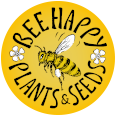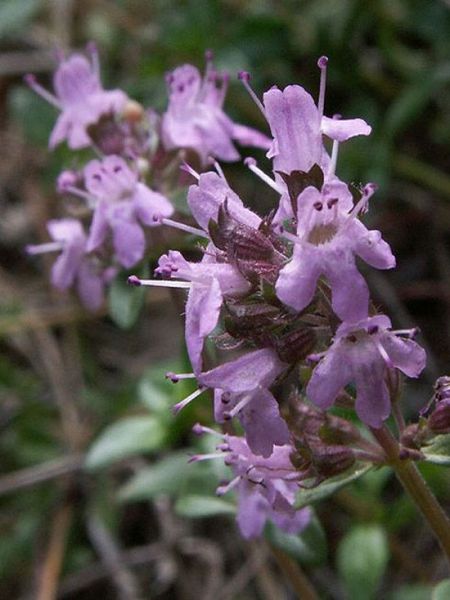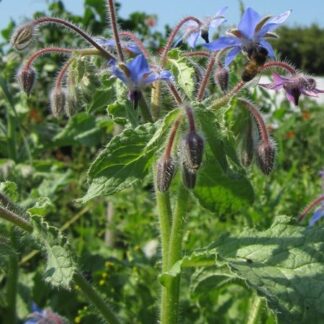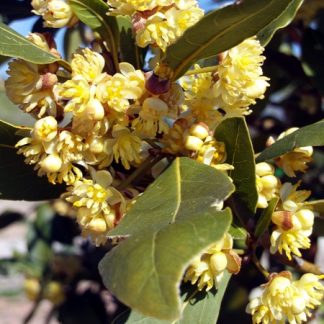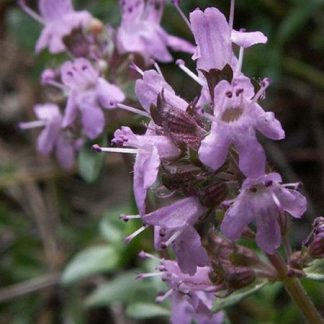Description
Lamiaceae (family name)
Forage for Pollinators: A source of natural thymol*(see note below). Pollinated by Bees, Flies and Butterflies.
Flowering time: July, August.
Growing information: NATIVE EVERGREEN SHRUB growing to 0.1 m (0ft 4in) by 0.3 m (1ft). An ideal rockery plant, this low-growing sub-shrub produces clumps of pink to purple, scented flowers. Grows in well-drained neutral to alkaline soil (chalk, sand or loam) in full sun. Has been used as a culinary and medicinal herb for millenia, and is one of nature’s best antiseptics due to its high ‘Thymol’ content, reputed to reduce spasms and aid digestion. * Thymol is part of a naturally occurring class of compounds known as biocides, with strong antimicrobial attributes when used alone or with other biocides such as carvacrol. In addition, naturally-occurring biocidal agents such as thymol can reduce bacterial resistance to common drugs such as penicillin. Numerous studies have demonstrated the antimicrobial effects of thymol, ranging from inducing antibiotic susceptibility in drug-resistant pathogens to powerful antioxidant properties. Research demonstrates that naturally occurring biocides such as thymol and carvacrol reduce bacterial resistance to antibiotics through a synergistic effect, and thymol has been shown to be an effective fungicide (source: Wikipedia)
